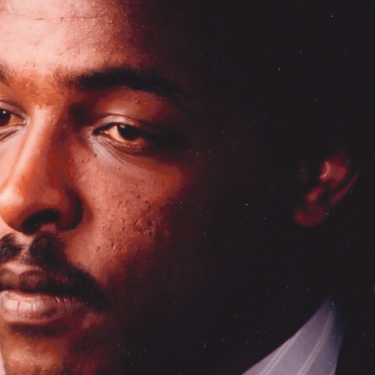Swedish prosecutors again refuse to investigate Dawit Isaak case

Reporters Without Borders (RSF) regrets the Swedish prosecutor’s rejection of RSF’s latest request, filed in October, for Swedish-Eritrean journalist Dawit Isaak’s disappearance in Eritrea to be investigated as a crime against humanity. RSF intends to ask the prosecutor-general to reconsider the decision.
The National Unit for International and Organized Crimes, which is attached to the Swedish prosecutor’s office, said in a decision published on January 12 that it had reasons to believe Dawit Isaak is the victim of a crime against humanity coming under Sweden’s universal jurisdiction. But it refused to open an investigation on the grounds that it would be difficult to carry out in the absence of any cooperation by the Eritrean authorities.
The prosecutor-general’s office also thinks that such an investigation would undermine any chance of obtaining Dawit’s release via diplomatic channels, although it recognizes the lack of Eritrean cooperation and despite the fact that diplomacy has not yielded any progress for the past 20 years.
The Swedish judicial system is “letting Dawit down,” said Dawit’s brother, Esayas Isaak, who joined RSF and Swedish lawyers Jesús Alcalá and Percy Bratt last October in filing the complaint accusing Eritrean officials of a crime against humanity, torture and enforced disappearance in the case of Dawit. The complaint was signed by 12 leading international human rights lawyers. “This complaint had given renewed hope to many Eritreans in exile,” Esayas added. “They are going to despair now when they see that such a well-known and clear-cut case as this one is going nowhere.”
“After three complaints by RSF in Sweden and three refusals by the prosecutor’s office to open an investigation, Dawit Isaak’s disappearance is an international crime that has continued for nearly 20 years and remains unpunished,” said Paul Coppin, the head of RSF’s legal unit. “A lack of cooperation by the suspects is not acceptable grounds for refusing to investigate crimes against humanity, and claiming to prefer using diplomacy with a government whose lack of cooperation you recognize amounts to abandoning any attempt to render justice. The prosecutor-general must reverse this decision.”
The prosecutor-general can change the decision taken by prosecutor’s office and RSF intends to ask him to do this. RSF will also ask the independent parliamentary commission – that is to be created to investigate the Swedish foreign ministry’s handling of the Dawit case – to recommend a criminal investigation.
Eritrea is ranked 178th out of 180 countries in RSF's 2020 World Press Freedom Index.



